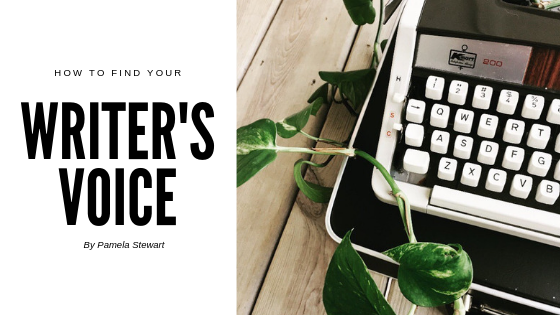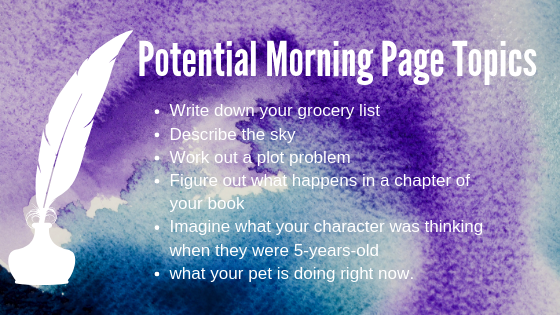
When I first started writing, like eons ago, people told me, ‘you have to find your voice before you can be published’. And I always wondered what they meant by that. For me, writing was telling the story in any way possible — using declarative sentences and internalizations like I had read in books.
Well, that’s part of it.
Voice is how a writer structures their sentences. It’s what nouns they use. The length of their sentences. It’s how they decide space between paragraphs or write a single word paragraph to evoke emotion.
Understanding voice is the difference between people loving your work or finding it derivative and not reading it at all.
So, how do you find your voice?
These are some techniques that I used to find my writer’s voice:
At first, I studied other author’s work to learn their style. I would take a page from, let’s say Anne Rice’s “Interview with a Vampire” and copy it verbatim, by hand, (which makes a difference if you use long-hand or not because it affects your brain differently if you write something.)
I learned how Anne Rice paced things — like how many words she devoted to describing a room or a time period. How she evokes Louisiana in the 1800s? How did she keep the plot moving by using short sentences or long sentences? How does she get me to feel sensual with her word choice?
Today, I identify other writers, like George R.R. Martin or Stephen King, that possess a skill I want to add to my storytelling arsenal. And as you examine another’s writing style, you begin to absorb the author’s rhythm — how they break up paragraphs, their choice of nouns, verbs, etc.
NaNoWriMo
Another technique I used to find my writer’s voice was joining NaNoWriMo (National Novel Writer’s Month), which happens annually each November. NaNoWriMo is an online community of people who encourage each other to write at least 1,667 words a day for 30 days. You get those words down and don’t worry about editing. In fact, you’re discouraged from going back to edit at all. Even if it’s a story you’ll never use.
My first NaNoWriMo, back in 2008, ended up being a story I never used, but it freed my muse and made me excited to sit down and write every night because I had a defined goal and my voice emerged.
There’s a camp NaNo coming up in July, which is a bit more flexible than the November NaNo. Join up and see if you like it or not.
The organization provides a ton of motivation and resources.
Craft books on writing
First, I read On Writing by Stephen King. In the book, he reveals that he wrote under a pen name for a few years in the ’80s, which I recall was Richard Bachman. King wanted to see if he could still hit the best seller’s list again after Carrie. But, people knew his writing style so well that they immediately drew the lines in between the two names and figured out it was Stephen King.
So, what is it? How did they figure it out? The words he used. The short sentences and graphic, horrific descriptions. The judicious use of adjectives. The very pattern of his stoytelling became like a familiar song. Everyone knew the tone, timbre, and styling.
Why do some people still struggle to find their writing voice and how to combat it
When someone is having trouble finding their writer’s voice, it’s usually because they are worried about judgment or not being grammatically correct.
There’s a craft book called The Artist’s Way by Julia Cameron, which guides readers through unearthing their creative blocks, offers techniques to work through it, and ultimately, opening up opportunities for self-growth and self-discovery.
In the book, Cameron recommends morning pages to artists struggling to tap into their creativity. To use this technique, first thing in the morning grab a pad of paper or have your computer ready, and for 10 minutes or longer, just write whatever comes to mind. For at least three months on a daily basis, get words down on paper or on your computer before doing anything else.
And I gotta say, they are pretty freeing.

Morning pages allow you to find your own way of describing things without worrying about its comprehension level or if someone will ever read it.
Conclusion
Writing is like baking — at first, you throw ideas into a cake using a trusted recipe and the cake is okay but not exactly yours. Then you learn enough about your taste to add a bit more chocolate and beat the batter a bit more, you go from being a cook to being a chef. And to have your own flavor, your own special recipe. That is what brings people back to your bakery.
Find your own way of telling a story, find your voice. It’s a lot of work, but it’s worth it.
